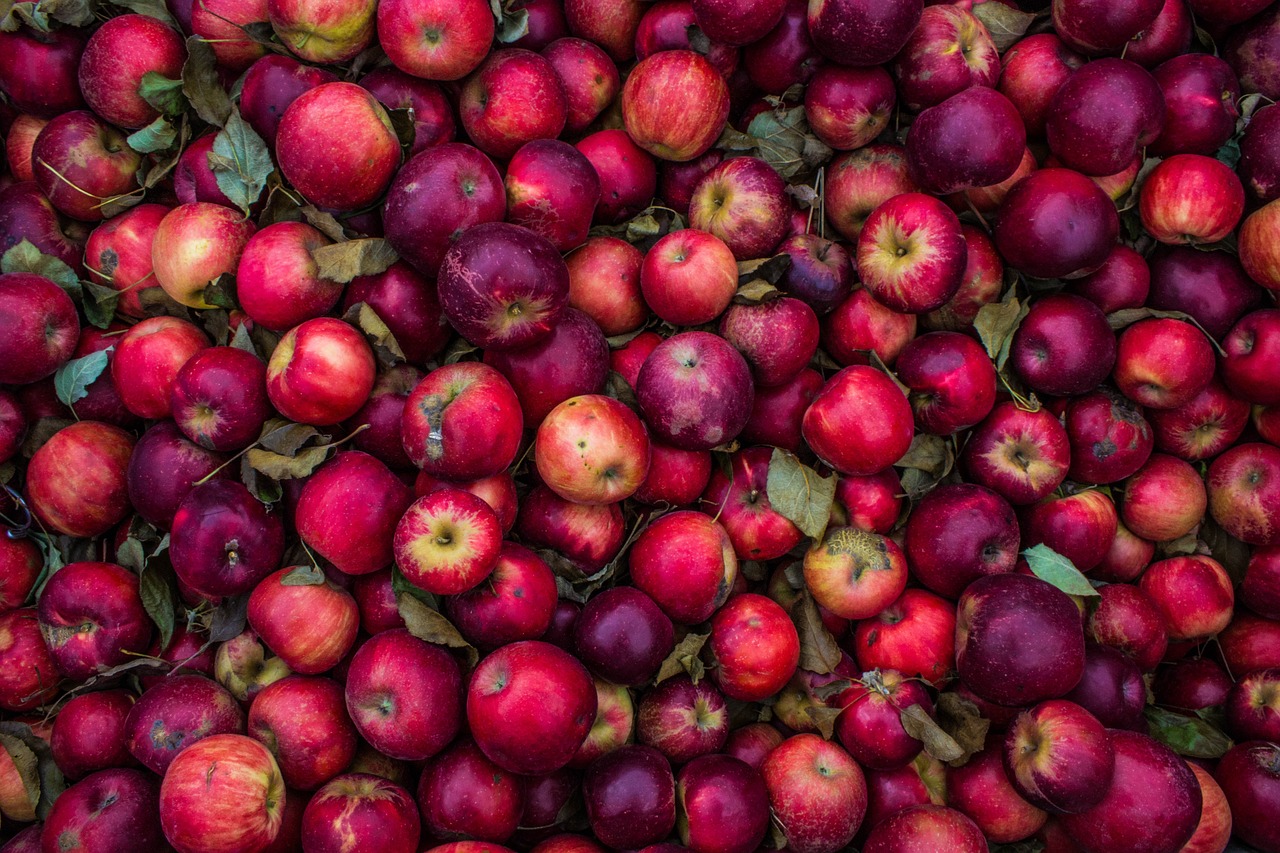The Role of Food Cooperatives in Building Resilient Food Systems
Navigating the complex web of the current food system proves to be a daunting task for both consumers and producers alike. With increasing concerns over food safety and sustainability, ensuring a transparent supply chain from farm to table poses a significant challenge. Limited access to healthy and affordable food options in certain communities further exacerbates the disparities rooted in the system, leading to issues of food insecurity.
Moreover, the reliance on monocropping and industrial agricultural practices has raised alarms about the environmental impact of conventional farming methods. Soil degradation, water pollution, and loss of biodiversity are just a few consequences of this unsustainable approach. Additionally, the consolidation of power among a handful of major corporations in the food industry has resulted in decreased competition, ultimately affecting prices and limiting choices for consumers.
Benefits of Food Cooperatives
Food cooperatives are playing a vital role in providing access to fresh and locally sourced food for communities around the world. By pooling resources and purchasing directly from farmers and producers, food cooperatives are able to offer a wide variety of high-quality products at affordable prices. This not only benefits the members of the cooperative, but also supports local farmers and promotes sustainable agriculture practices.
Moreover, food cooperatives foster a sense of community and empowerment among their members. By participating in the decision-making processes and operations of the cooperative, individuals have a direct say in the types of products offered, the sourcing methods used, and the overall direction of the cooperative. This democratic approach not only creates a more engaged and informed consumer base, but also helps build stronger, more resilient communities centered around a shared interest in food security and sustainability.
What are some challenges in the current food system?
Some challenges in the current food system include issues with food waste, lack of transparency in the supply chain, and unsustainable farming practices.
What are some benefits of food cooperatives?
Food cooperatives offer benefits such as access to fresh and local produce, support for small-scale farmers, and a sense of community among members.
How can I get involved in a food cooperative?
You can get involved in a food cooperative by becoming a member, volunteering at the cooperative, or attending events and meetings to learn more about the organization.
Are food cooperatives affordable?
Food cooperatives often offer affordable prices on fresh produce and other products due to their direct relationships with farmers and producers.
Can I start my own food cooperative?
Yes, you can start your own food cooperative by gathering a group of like-minded individuals, defining your mission and goals, and establishing a structure for the cooperative.





